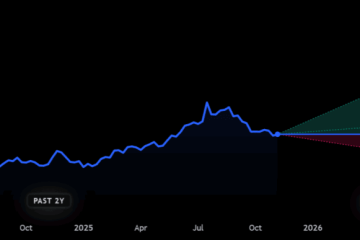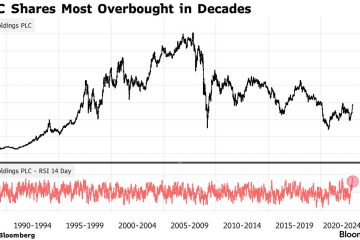Understanding the FTSE: Trends and Market Performance in 2023
Introduction: The Importance of the FTSE
The Financial Times Stock Exchange (FTSE) is a crucial benchmark for investors, representing the performance of the UK stock market. It opens a window into the health of the economy and guides investment decisions, both domestically and internationally. As a reflection of the largest companies in the UK, monitoring the FTSE is vital for economists, analysts, and investors alike. With the backdrop of economic fluctuations and global challenges, understanding the FTSE’s current situation is more relevant than ever.
Current Trends and Performance
As of October 2023, the FTSE 100, which comprises 100 of the largest UK-listed companies, has shown resilience despite global economic challenges. Recent market data has indicated that the FTSE 100 has seen a moderate increase of approximately 5% over the past year, buoyed by sectors such as energy and consumer goods, which have proved surprisingly robust amidst rising costs and inflation pressures. Analysts note that key players like Shell, BP, and Unilever have led the charge, as they adapt to shifting market demands and geopolitical factors.
However, the index is not without its struggles. The technology sector has lagged, reflective of global trends where tech stocks in many markets have faced volatility. Additionally, uncertainties surrounding Brexit outcomes and inflation rates remain a concern for investors, as they may influence market confidence and growth prospects.
Future Outlook
Looking ahead, experts anticipate mixed signals for the FTSE as it navigates the complexities of both domestic and global markets. Economic forecasts suggest a cautious optimism, with expected growth in GDP potentially translating into a stronger performance for the FTSE. Investors are advised to keep an eye on Federal Reserve actions and potential interest rate changes, which could create ripples across European markets.
Conclusion: Significance for Investors
Understanding the performance and trends of the FTSE is essential for making informed investment decisions. As the index continues to reflect the broader economic landscape, investors must remain vigilant and adaptable. Future movements in the FTSE may be shaped by a combination of domestic policies, international market conditions, and sector-specific developments. Therefore, being well-informed about the FTSE provides not only a competitive edge but also insights into the potential risks and opportunities that lie ahead in 2024 and beyond.









